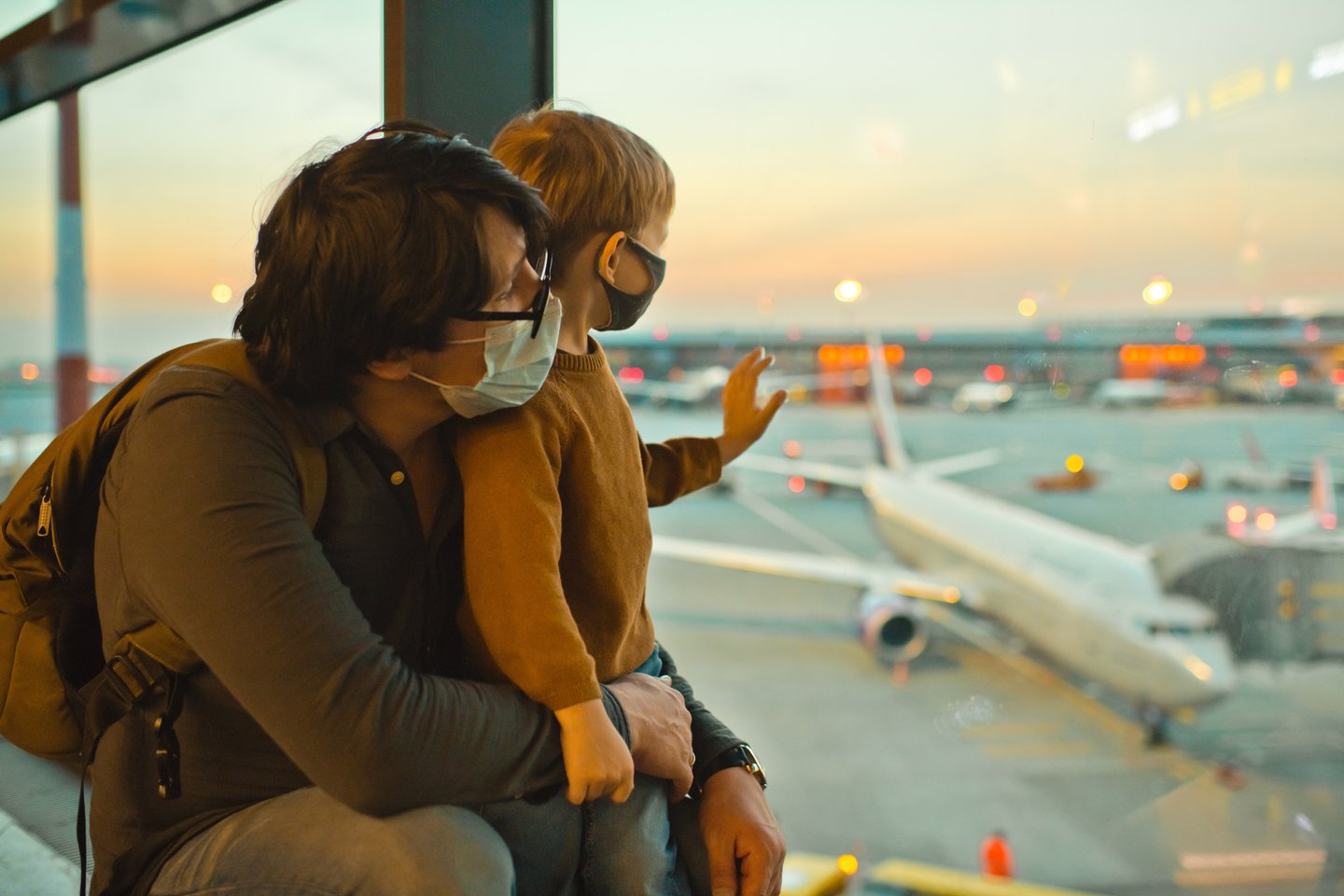How Travel, Hospitality Can Rebuild
In the last few weeks, brands in the travel and hospitality industries have had to adapt to increasing demand. As the number of vaccinations pick up and as COVID-19 restrictions are relaxed, travelers are beginning to seek an escape from lockdown burnout. We are already seeing a spike in airline and hotel bookings for summer travel.
Are travel and hospitality brands prepared for this resurgence? If not, how can they better prepare for the future, so they are set up for success? These are questions I am often asked, and here’s how I believe brands can use technology to rebuild differently and for the better.
Transforming Data
Harnessing quality data and utilizing it in a timely manner will allow businesses to react on the fly and be nimble when engaging digitally with their customers. With the power of data, brands are able to hyper-personalize their customer experiences. Further, to address the anticipated higher volume of guests, businesses will be redrawing their tech opportunities, modernizing data analytics, and automating by putting more processes on the cloud.
Leveraging Automation
Intelligent automation creates smart business processes and workflows that think, learn, and adapt on their own. By applying intelligent automation within enterprise operations, brands can increase efficiencies and gain new capabilities beyond human abilities—such as making onboarding more efficient. As more and more employees are hired or return to work in the service industries, brands have improved the user experience for some back-office areas to ease onboarding of these employees so they can quickly get to work serving the rush of customers. In addition, intelligent automation can yield unique, personalized customer interactions, leading to best-in-class customer experience and satisfaction.
Operating in a Hybrid Environment
We expect to encounter many travelers who are confident and willing to travel as they were prior to the pandemic, but there are many others who will need accommodations as they cautiously begin to engage in a re-opened world. Brands need to create environments that meet the needs of both types of customers, continuing the communication of their safety measures to ensure that the more hesitant ones grow trust and confidence. In order to do this, brands need to rely on technology with contactless services including check-in, ordering room service, scheduling time in a hotel gym or pool, arranging maid service, and controlling rooms’ thermostats and lights. These efforts of ongoing safety will be an important step as brands begin to adapt to a post-pandemic world.
Understanding Next-Generation Loyalty
Brands need to adapt to a new wave of loyalty. Many brands are still driven by the philosophy that loyalty is solely based on rewards and discounts. In this new age, consumers are coming back to brands that actively anticipate their needs. This can only be done by transforming data platforms that allow for a 360-degree view of the customer across all touchpoints. This way, employees at hotels and restaurants are enabled to predict guest preferences seamlessly, and surprise and delight each and every customer.
The pandemic has caused consumers to be forever more reliant on digital and ecommerce. As such, travel and hospitality brands need to step up their technology to meet the growing demand on their digital platforms and do it in a way that harnesses the power of the cloud, interprets data proficiently, and uses it in a highly personalized way.
While we are in the business of technology, perhaps the biggest lesson we’ve learned at Cognizant in the past year is that there will always be a need for basic human interaction, and that’s the business of travel and hospitality – connecting people, whether it’s for new client meetings, a week’s vacation, a meal out, or a holiday family get together.
ABOUT THE AUTHOR
Joseph Rajadurai has led Cognizant’s Travel and Hospitality Industry vertical since 2015. His team serves clients across the entire T&H value chain – OTAs, GDS, airlines, hotels, restaurants and car rental companies. Rajadurai brings deep expertise in technology execution models, implementing digital transformation for retail, travel segments and technology driven efficiency improvement. He has a proven track record of developing high performing teams that lead clients in successful technology transformation journeys. Under his leadership, the T&H unit was named to the “Winners Circle for 2017” by HfS advisory firm.


